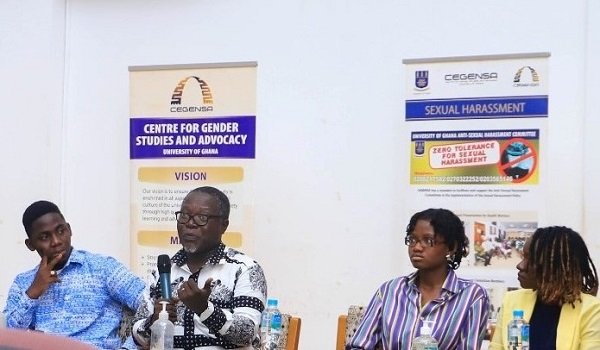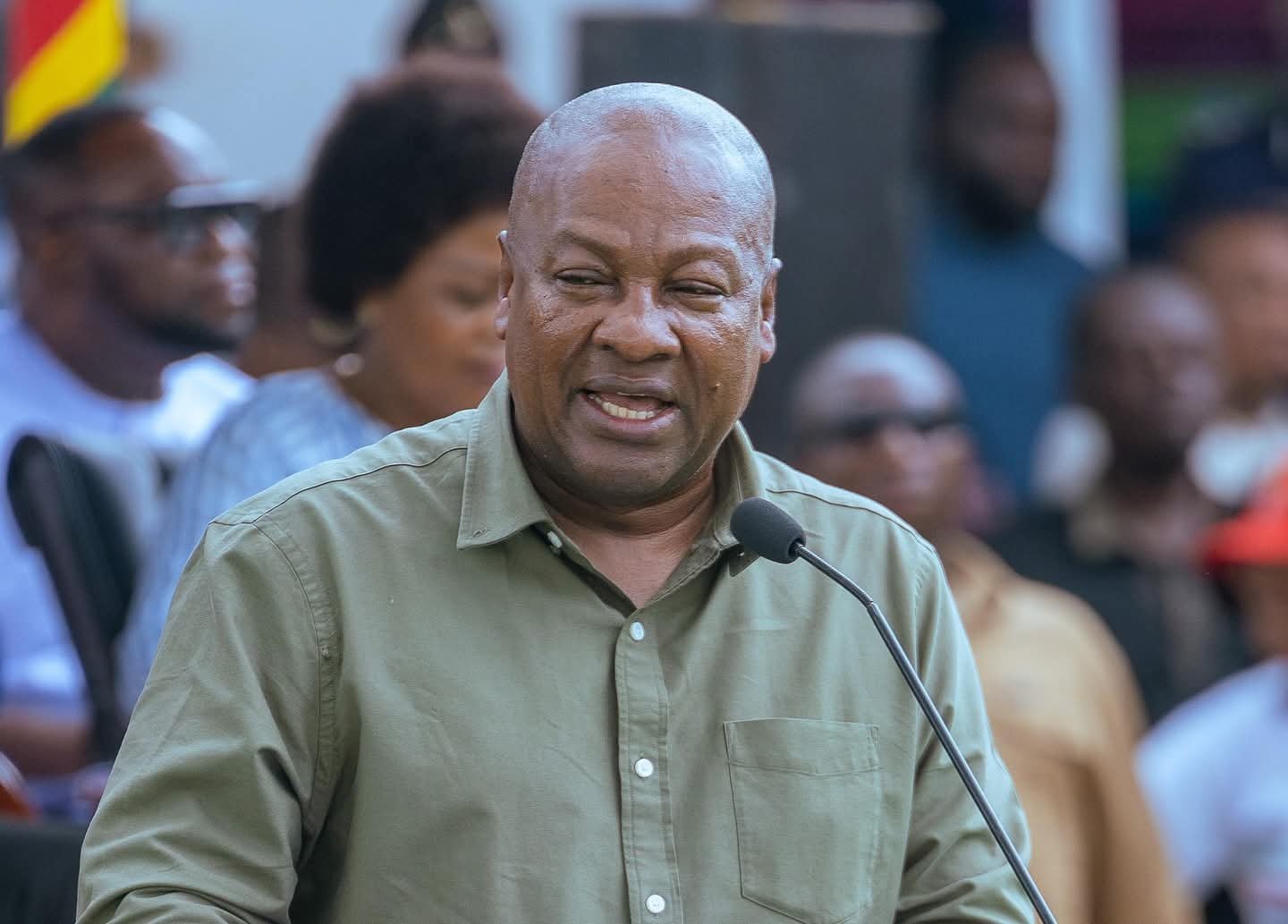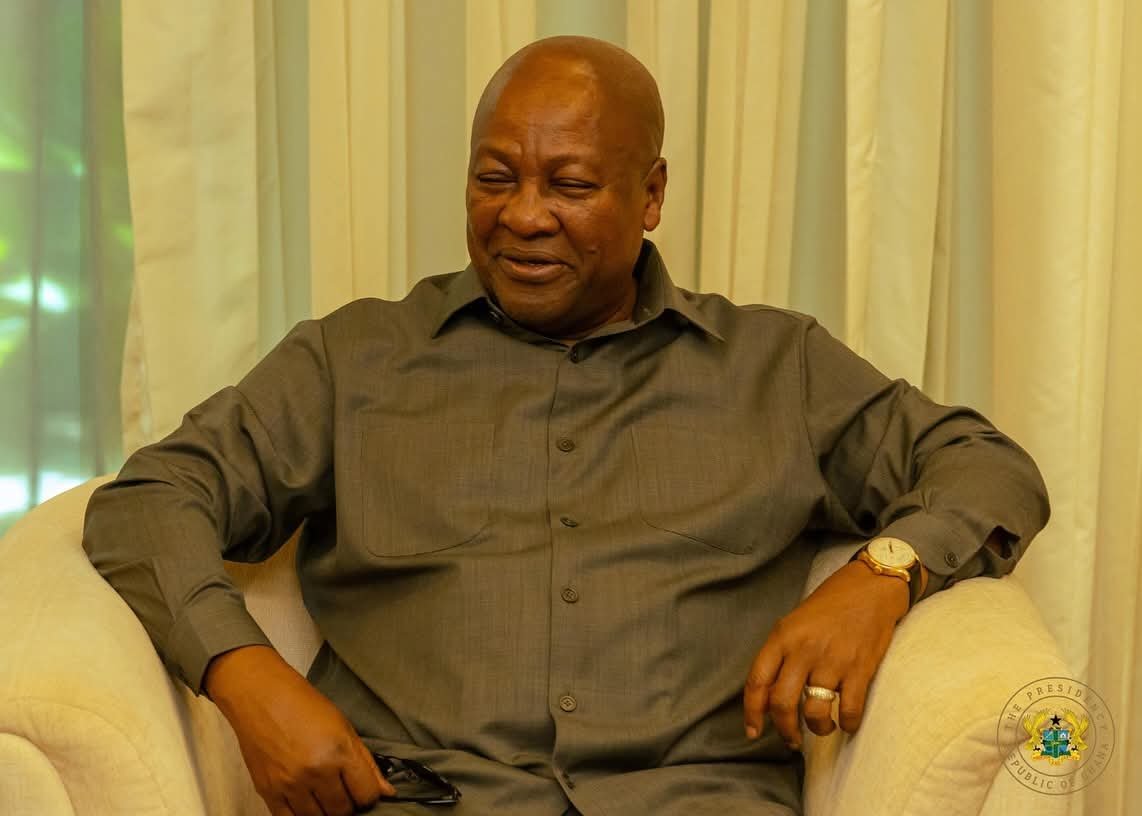News
UG Centre for Gender Studies holds forum

Dr Adolf Awuku Bekoe (second left) speaking at the event
An Engineering student at the University of Ghana, Legon Mrs Anna-Marie Oyan, has appealed to the University to pay attention to derogatory remarks that some lecturers make at students, especially female students, in order to make the University “a gender-safe”institution.
She believes sexist comments could affect female students negatively hence the need to treat such “loose utterances” with the contempt it deserves.
Mrs Anna-Marie Oyan was speaking at a Gender Sensitisation programme last Friday organised by the Centre for Gender Studies and Advocacy (CEGENSA) and Network for Women’s Rights in Ghana (NETRIGHT).
She was part of panellists who spoke at the event on the theme; “Creating a Gender Equitable University Community: Perspectives of Students.”
A Research Fellow at CEGENSA, Dr Abena Kyere, also speaking at the event, said the University of Ghana, being the premier tertiary institution to set up a gender centre, had provided equal opportunity for all category of students.
“We are conscious of the increasing population at the university and we are able to influence others to be gender sensitive within our societies to reflect our cultural norms and values,” she said.
She noted that the University’s Gender Policy addressed a wide range of issues, therefore, students should approach the centre whenever they encountered any misconduct by colleagues, lecturers or any members of the university community.
Highlighting other concerns to be addressed, Mrs Beatrice Boamah, General Secretary of the Graduate Students’ Association of Ghana (GRASAG) also urged the University to raise awareness on mental health issues in addition to the existing career and counselling centre.
Another panellist, Dr Adolf Awuku Bekoe, noted that despite the strides the University was making, much needed to be done in relation to the lighting system on campus.
“Between the School of Public Health and Sarbah Hall, the lighting system is poor. There are many dark alleys as well which need prompt attention,” he said.
He again tasked students to empower themselves and take advantage of the numerous opportunities the University presented to them.
In her remarks, the Chairperson of the occasion, Mrs Eugenia Selasie Seadey, stated that the introduction of an Affirmative Action Policy at the student level had helped increase the enrollment of females, especially in male dominated programmes.
She lauded student activists and organisations for their advocacy in ensuring gender equity at the university.
A Senior Programme Officer, Mrs Cynthia Sunu, took the students through the role of NETRIGHT in championing Women’s Rights.
By Yunusah Essandoh
News
Steps underway to repeal L.I 2462 – Prez assures

President John Dramani Mahama has assured Ghanaians that steps are underway to repeal Legislative Instrument 2462 as part of efforts to protect the country’s forests and water bodies.
During his media encounter at the Jubilee House, the president explained that the repeal will formalise the ban on mining in forest reserves and strengthen enforcement against illegal mining.
He stressed that his administration is committed to safeguarding the environment, reclaiming degraded reserves, and deploying more personnel to protect river bodies across the country.
By: Jacob Aggrey
News
9 forest reserves recovered from illegal mining – President Mahama

President John Dramani Mahama has announced the recovery of nine forest reserves from illegal mining under his government’s intensified environmental protection drive.
Addressing journalists at the Jubilee House, the president explained that hundreds of excavators, water pumps and other equipment have been seized as part of the operation, while degraded areas are being reclaimed and restored.
He reaffirmed his administration’s commitment to end mining in protected areas, deploy more personnel to safeguard river bodies and strengthen laws to secure Ghana’s natural resources for future generations.
This notwithstanding, President Mahama revealed that two of the retrieved forest reserves had gone back into the hands of illegal miners, however, adequate measures have been put in place to reclaim them.
By: Jacob Aggrey






